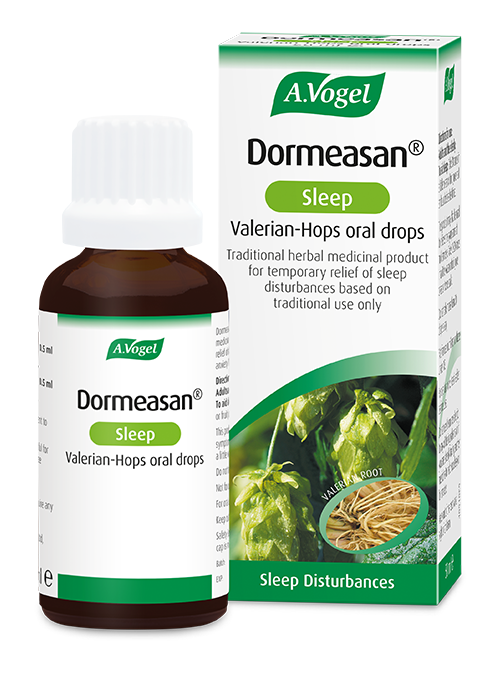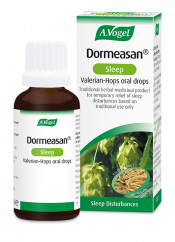2018’s biggest sleep trends!

Happy New Year! It almost seems unbelievable that another year has passed so quickly and we’re already starting 2018 but to those of you that are celebrating today, I hope you have a lovely time enjoying yourself with your loved ones. 2017 was definitely a year of ups and downs, especially when it came to the nation’s sleep patterns!
However, experts are already predicting trends for 2018 which is why I’ve decided to get ahead of the curve and go into a little more detail about the sleep habits you should be aware of and how to ditch them for a more relaxed and energised 2018.
1 – Too much tracking
![]()
In recent years everyone’s become obsessed with apps and devices to track their fitness, heart rate and calorie intake and 2017 was no exception as we started to use these products to track our sleep too, with everyone from new mums to gym instructors jumping on the new trend.
However, while it can be interesting and informative to get an idea of how much sleep you’re really getting, this new reliance on technology does have its drawbacks. It can quickly turn into an obsession and suddenly you’re relentlessly checking your app through the night to see how far along you are to reaching your 8 hour target.
This can be problematic as you quickly start to become stressed about getting enough sleep which in turn prevents you from getting any sleep. Instead, perhaps it’s time to ditch the apps and tracking devices before bedtime in favour of focusing on your sleep hygiene routine.
Try to create a soothing environment that you can envision yourself falling asleep in, free from stimulants such as phones, tablets and televisions. Indulge in a warm bath before bed or pamper yourself with a soothing face mask. Don’t eat any sugary snacks and avoid caffeinated drinks at least 6 hours before you go to sleep!
2- Taking work home with you

It doesn’t matter whether you’re a university student desperately cramming before an exam or a professional trying to get ahead on your increasing workload, taking work home with you or sitting up in bed trying to organise your co-workers definitely won’t improve your sleep.
Not only does it create a subconscious association between your bedroom and your workplace, some experts also theorise that checking work-related emails in bed can make you less engaged and productive at work the following day.1 As tempting as it may be to log in to your laptop or scroll through memos on your smartphone, these devices also carry an addition risk – they both emit a blue light that can affect your production of melatonin, the sleep hormone, making it more difficult for you to fall asleep.
It’s definitely for the best to leave your workload where it belongs or, to at least organise a routine where you’re not sitting up at night in bed. Instead, try to finish all activities at least an hour before you go to bed and keep your work out of the bedroom – this should give you time to relax and switch off from any work-related stresses, giving you a better chance of resting.
1http://sciencenordic.com/bringing-your-computer-bed-can-wreck-your-next-day-work
3 - Rushing bedtime

Even if you’re not dragging work home to bed with you, many of us aren’t really giving our routine before bedtime much thought. In fact many of us will stay up late for various reasons and then rush through our sleep hygiene routine, immediately collapsing into bed and expecting to drift off to sleep.
This, of course, rarely happens and instead you remain wide awake, brain still buzzing, nowhere near feeling relaxed enough to sleep. Instead of leaving things like brushing your teeth and taking off your make-up to the last minute, why not do these tasks first before getting too comfortable on the sofa?
As I’ve also mentioned, try to avoid studying or working for at least an hour before bed and instead focus on more relaxing activities. This also goes for exercising – you might think a hard session at the gym might exhaust you enough before bedtime but it can have the opposite effect!
4 - Getting too much sleep

It’s been a long week so when the weekend finally comes, you’re probably looking forward to spending some quality time in your bed. However, as I discuss in my blog ‘Are your weekend lie-ins really helping you to catch up on sleep?’ oversleeping can sometimes make your feelings of exhaustion worse.
This is because it can lead to social jet lag, a misalignment between your biological and social time. Keeping more erratic hours at the weekend can upset your natural sleep patterns so, while the odd lie-in probably won’t do you any harm (some sleep experts say you should grab sleep when you can!) staying up until 3am and not getting up until 11am every weekend might have an unfortunate impact.
5 – Stress

Ah stress – one of the biggest sleep killers! Nothing can keep you up at night quite like worrying over bills or panicking about work. Stress is a huge problem for the whole country – some studies have estimated that around half the population suffers from stress, with financial and work problems usually being the main causal factor.
So in the midst of all this stress your sleep can certainly take the brunt of the impact, which in turn will make you feel tired and more prone to stress the following day. So what can you do to beat this cycle?
Well, exercising is one way to beat those negative feelings – exercising can release endorphins, fighting stress and making you feel more positive. Your diet can also play an important role in helping to ease your stress symptoms so you could start by trying to include more fresh fruit and veg in your diet and cutting down on stimulants such as caffeine and alcohol.
If you still find your symptoms persisting though, you could try one of our soothing herbal stress remedies such as AvenaCalm. Containing extracts of organically cultivated oat plant, it’s incredibly gentle and can help you to feel more relaxed, enabling you to cope better with your symptoms. It’s important to note, though, that we wouldn’t recommend taking this product alongside Dormeasan and that it’s only suitable for adults over the age of 18.
A.Vogel Dormeasan Sleep Valerian-Hops Oral Drops | Sleeping Aid | Extracts of Fresh Valerian Root
£5.49 (15ml) In Stock Get it tomorrow, 11th July.









